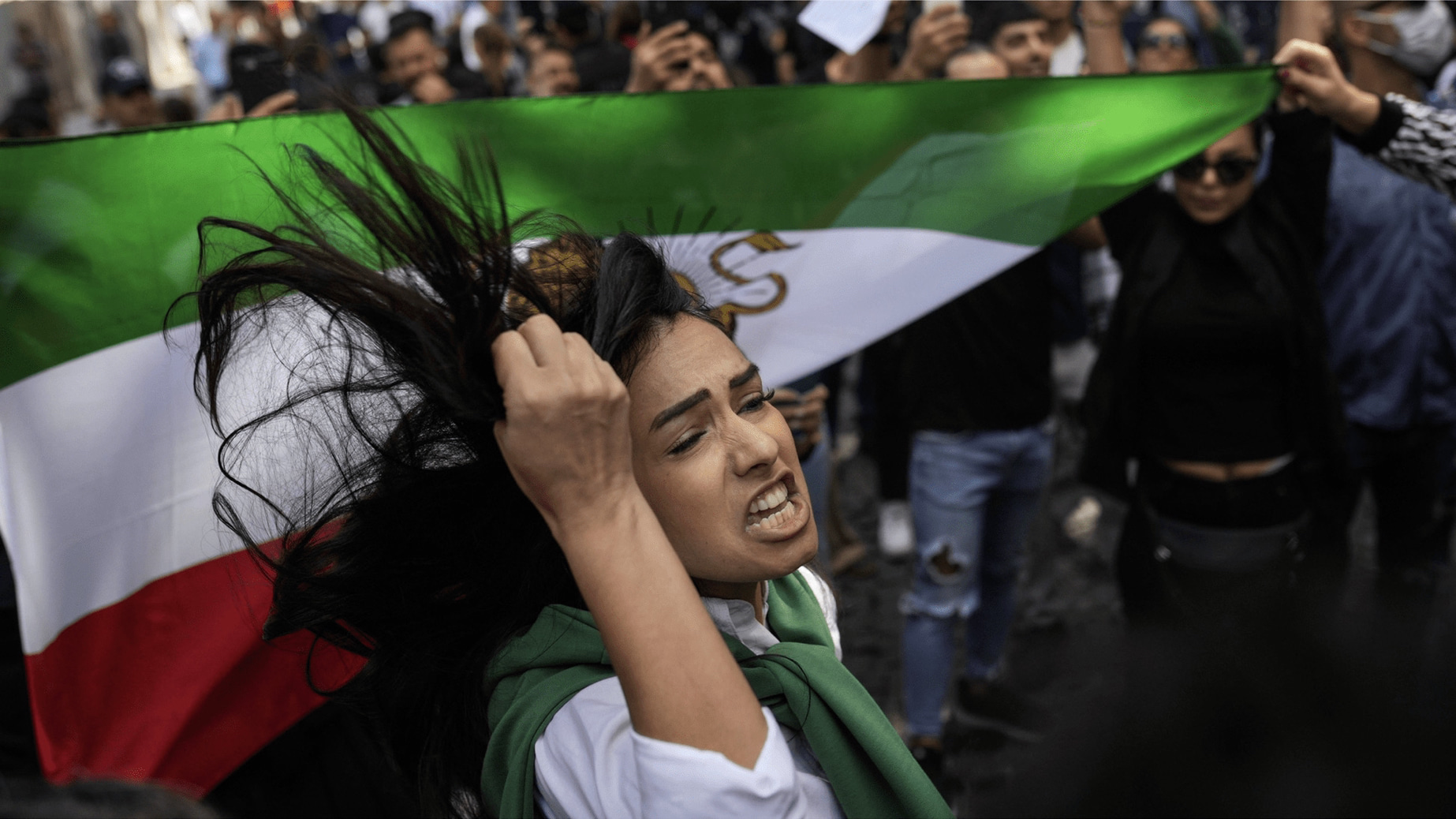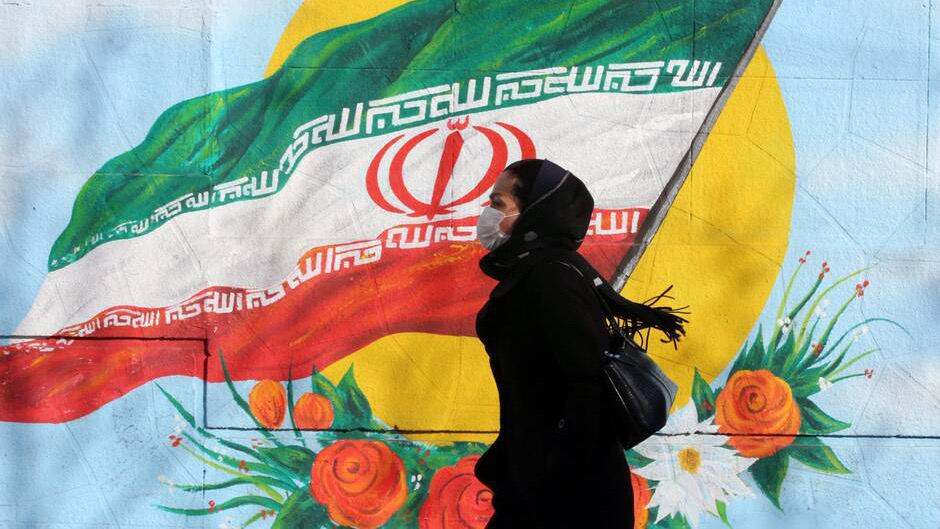
In addition to its homemade rockets, Hamas has been receiving Iranian Fajr-5 rockets with a range of 75 kilometres for the past two years. Iran also supplies Hamas with Russian Kornet anti-tank missiles. Some missiles of the same type are also believed to have been acquired in Libya.

Rien ne prédestinait la Force Al-Qods, unité d’élite du Corps des Gardiens de la révolution iranienne (Pasdarans) et l’Organisation mondiale des Frères musulmans à se rapprocher. Pourtant, des documents issus des archives secrètes du ministère iranien du Renseignement révèlent l’inconcevable : des tractations ont bien eu lieu entre ces deux organisations, d’apparence rivales, pour faire face à leurs ennemis communs.

Iran is clearly behind the Hamas terrorist attacks on Israel on 7 October. Beyond the traditional Sunni-Shiite divide, the Iranian mullahs and the Palestinian Islamist movement have one thing in common: the Muslim Brotherhood and its doctrine of political Islam. Here are some explanations.

In Iran, feminist demands are at the root of the popular mobilisation against the Mullahs’ regime. By removing or burning their veils in public, Iranian women are showing their opposition to an ageing and worn-out theocracy. As the first victims of oppression, they know better than anyone the extent to which the Islamic Republic has made this object one of its ideological pillars, relegating women de facto to the rank of inferior beings.

Since mid-February, when the Iranian regime was slow to acknowledge the global spread of the coronavirus epidemic – and denounced «a plot by the enemy», in the double context of the celebration of the anniversary of the Islamic Revolution on February’11 and the parliamentary elections on February’21- Iran, which remains one of the main global hotbeds of the Covid-19 epidemic, has been worrying its neighboring countries. They were quick to close their borders on 19 February, with the announcement of the first infected persons in the Middle East.

Despite the fiery war of words and threatening gesticulations promising to avenge his death, the elimination of General Qasem Soleimani, killed by an American drone on January 3, not far from Baghdad airport, is a relief for the Iranian regime! And not only for the reformist current led by President Hassan Rouhani and his Foreign Minister, Mohammad Javad Zarif.

Western confidential notes report an increase in the number of defections of Iranian officers, who use missions abroad to desert.

Recent tensions between Tehran and Washington have not turned into armed conflict but have given rise to a fierce electronic warfare. The latest episode of this clash is a vast Iranian cyber espionage plan discovered by the US anti-terrorist services.

Donald Trump’s decision to eliminate General Qasem Suleimani, N°2 of the Iranian Regime, undeniably transforms a conflict that was slowly simmering into a sudden powder keg. It is undoubtedly the most dangerous and risky decision taken by an American President since the 2nd Gulf War in March 2003.

Abolfazl Bahrampour is a prominent mullah familiar with the sets of the pro-Iranian Regime TV channels. He enjoys an undisputed notoriety throughout the Shiite world, as he is the author of a famous volume of the Tafsir (interpretation of the Koran). This is why the regime chose him to launch a fatwa ordering the excommunication of demonstrators who participate in the protest movements that are shaking the country, considering them as “mouharibeh” (fighters against the will of Allah).
